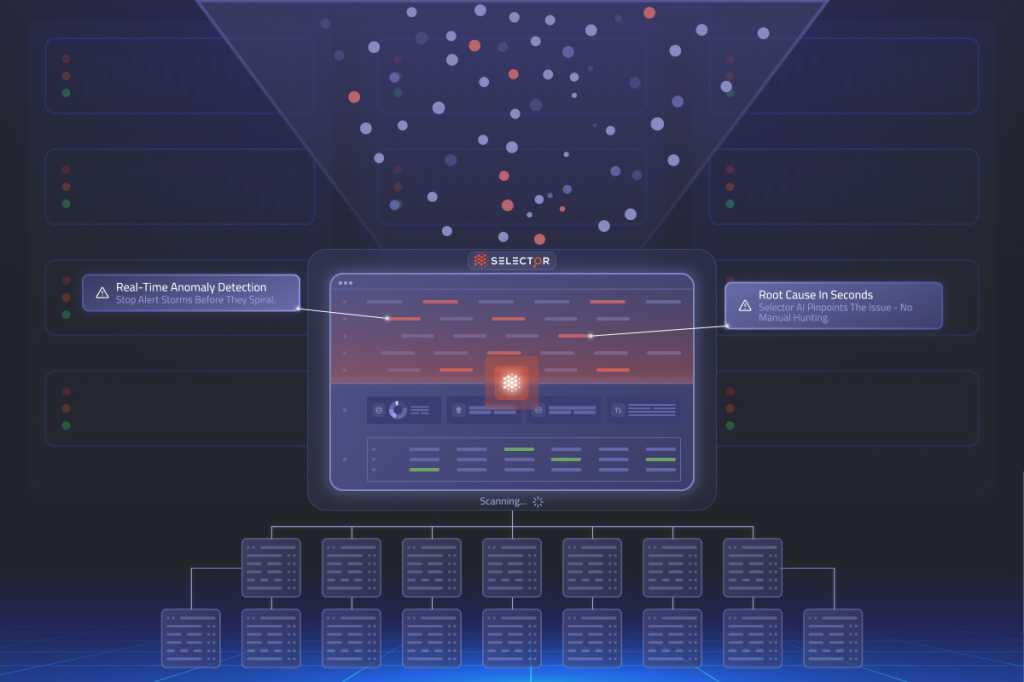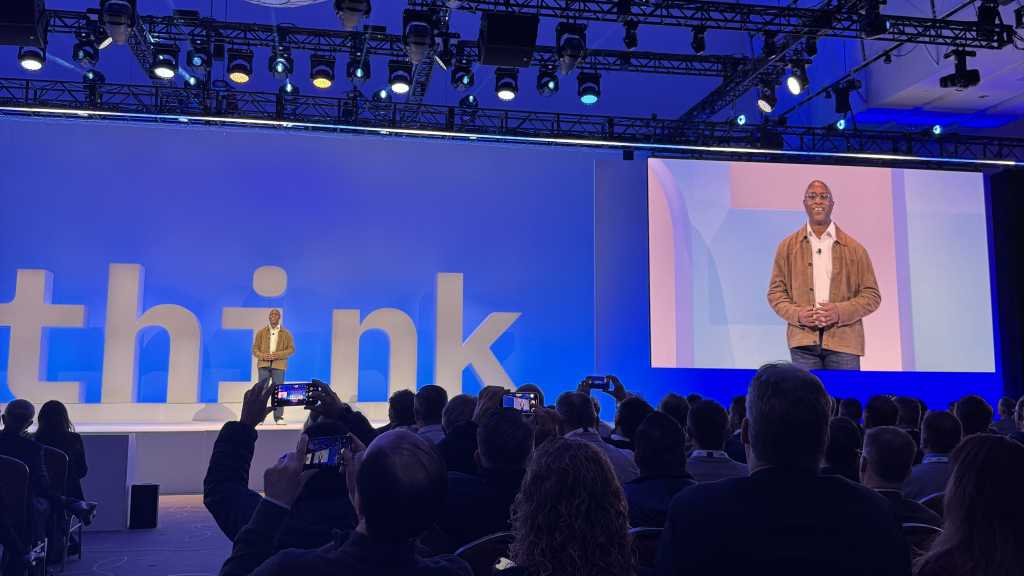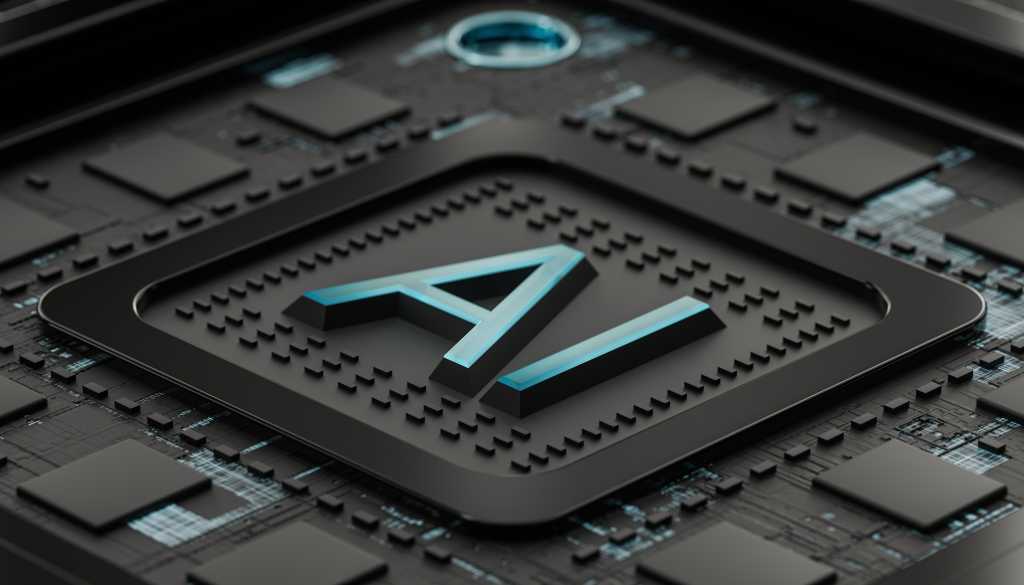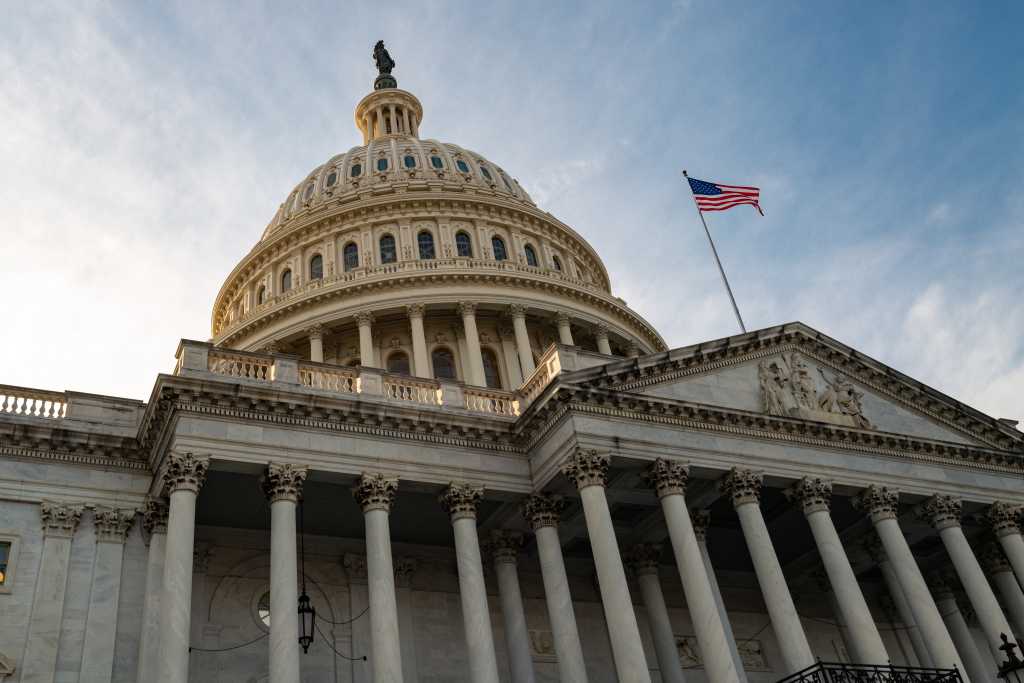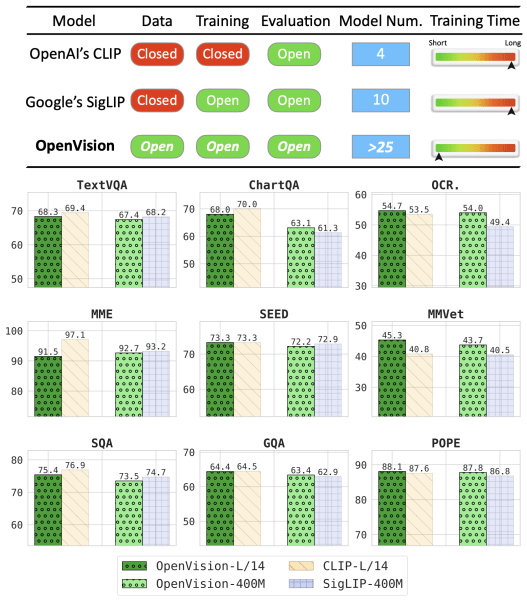This is today’s edition of The Download, our weekday newsletter that provides a daily dose of what’s going on in the world of technology.
How a new type of AI is helping police skirt facial recognition bans
Police and federal agencies have found a controversial new way to skirt the growing patchwork of laws that curb how they use facial recognition: an AI model that can track people based on attributes like body size, gender, hair color and style, clothing, and accessories.
The tool, called Track and built by the video analytics company Veritone, is used by 400 customers, including state and local police departments and universities all over the US. It is also expanding federally.
The product has drawn criticism from the American Civil Liberties Union, which—after learning of the tool through MIT Technology Review—said it was the first instance they’d seen of a nonbiometric tracking system used at scale in the US. Read the full story.
—James O’Donnell
If you’re interested in reading more about facial recognition and police tech, check out:
+ How the largest gathering of US police chiefs is talking about AI. Officers training in virtual reality, cities surveilled by webs of sensors, and AI-generated police reports are all a sign of what’s to come. Read the full story.
+ Clear, the company that has helped millions of people cut security lines, wants to give you a frictionless future—in exchange for your face. Read the full story.
+ The US wants to use facial recognition to identify migrant children as they age.
+ Why the movement to limit face recognition tech might finally get a win. Read the full story.
+ Uber’s facial recognition is locking Indian drivers out of their accounts— and some people are finding their accounts permanently blocked. Read the full story.
The must-reads
I’ve combed the internet to find you today’s most fun/important/scary/fascinating stories about technology.
1 The US and China have struck a deal to slash tariffs
For the next 90 days, at least. (Politico)
+ But America’s 30% tariffs are still extremely high. (FT $)
+ China has agreed to cut its levies from 125% to 10%. (CNN)
2 OpenAI is negotiating a future IPO with Microsoft
While still preserving Microsoft’s access to the startup’s AI models. (FT $)
+ Meanwhile, Microsoft is constantly racing to stay ahead of hackers. (Bloomberg $)
3 DOGE cuts leave US workers at increasing risk of developing silicosis
The lung disease is deadly—and preventable. (The Atlantic $)
+ Can AI help DOGE slash government budgets? It’s complex. (MIT Technology Review)
4 Scammers are posing as lawyers on TikTok to trick undocumented migrants
Immigration scams have skyrocketed since Trump took office. (WP $)
+ An extensive sextortion network on TikTok is targeting American kids. (The Guardian)
+ AI-powered fraud is everywhere right now. (Wired $)
5 Weather balloons are being phased out in favor of AI tools
Severe budget cuts mean that fewer balloon flights are being scheduled. (Semafor)
+ Trump’s tariffs will deliver a big blow to climate tech. (MIT Technology Review)
6 Amazon Web Service depends on this mysterious chip startup
Annapurna, the company behind Amazon’s cloud success, is vital to its future. (WSJ $)
7 Inside the quest to create the perfect solid-state battery
Massachusetts start-up Factorial wants to overhaul EVs’ image. (NYT $)
+ But tariffs are bad news for batteries. (MIT Technology Review)
8 A colossal data center in North Dakota is sitting empty
It’s struggling to find a major tech customer to lease it. (The Information $)
+ China built hundreds of AI data centers to catch the AI boom. Now many stand unused. (MIT Technology Review)
9 Housewives make up Vietnam’s latest wave of gig workers
They’re storing goods in their fridges while they’re at home to cut costs. (Rest of World)
10 Professional writers love Substack ✏️
They’re using the medium to experiment with exciting new styles. (New Yorker $)
+ Niche newsletters are big business these days. (NYT $)
Quote of the day
“It feels a bit like a prisoner seeing their triple life sentence reduced to a single one.”
—Katja Bego, a senior research fellow at Chatham House, comments on the agreement between the US and China to cut tariffs from 145% to 30% in a post on Bluesky.
One more thing

The $100 billion bet that a postindustrial US city can reinvent itself as a high-tech hub
On a day in late April, a small drilling rig sits at the edge of the scrubby overgrown fields of Syracuse, New York, taking soil samples. It’s the first sign of construction on what could become the largest semiconductor manufacturing facility in the United States.
The CHIPS and Science Act was widely viewed by industry leaders and politicians as a way to secure supply chains, and make the United States competitive again in semiconductor chip manufacturing.
Now Syracuse is becoming an economic test of whether, over the next several decades, aggressive government policies—and the massive corporate investments they spur—can both boost the country’s manufacturing prowess and revitalize neglected parts of the country. Read the full story.
—David Rotman
We can still have nice things
A place for comfort, fun and distraction to brighten up your day. (Got any ideas? Drop me a line or skeet ’em at me.)
+ Stuck on which PC game to play? This list of the 100 best is a great place to start.
+ Mari Salonen is the undisputed queen of pom poms.
+ I like the look of this Swedish princess cake.
+ Check out all the filming locations in the new Netflix show The Four Seasons—from Puerto Rico to Mount Peter.

